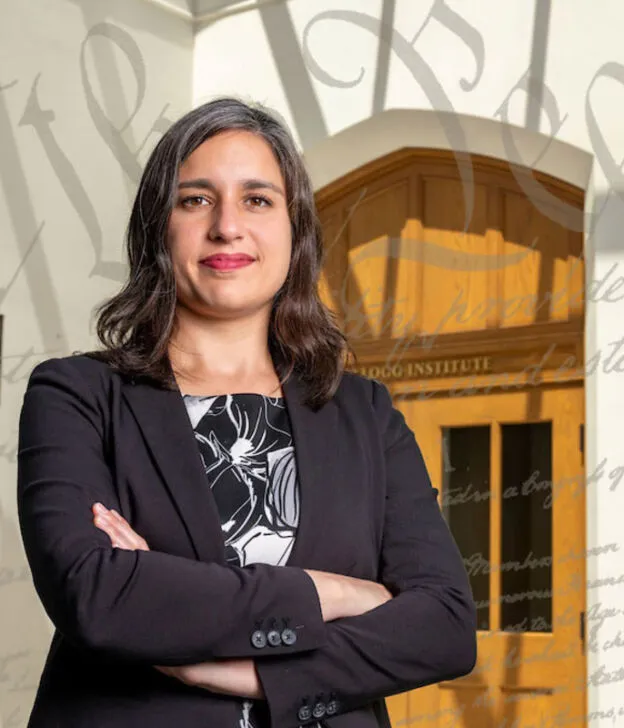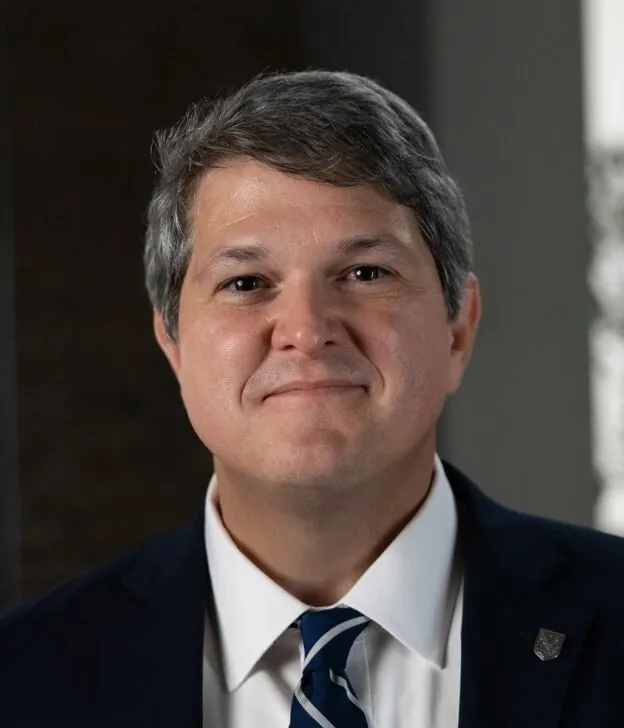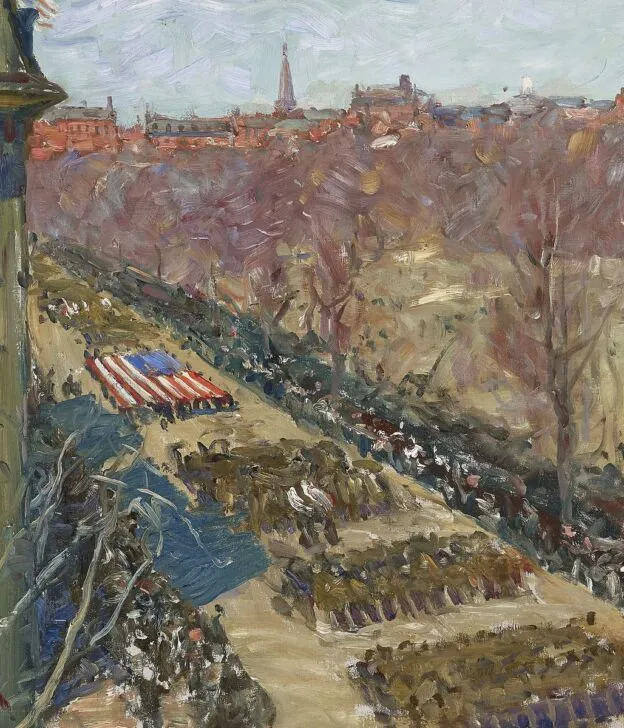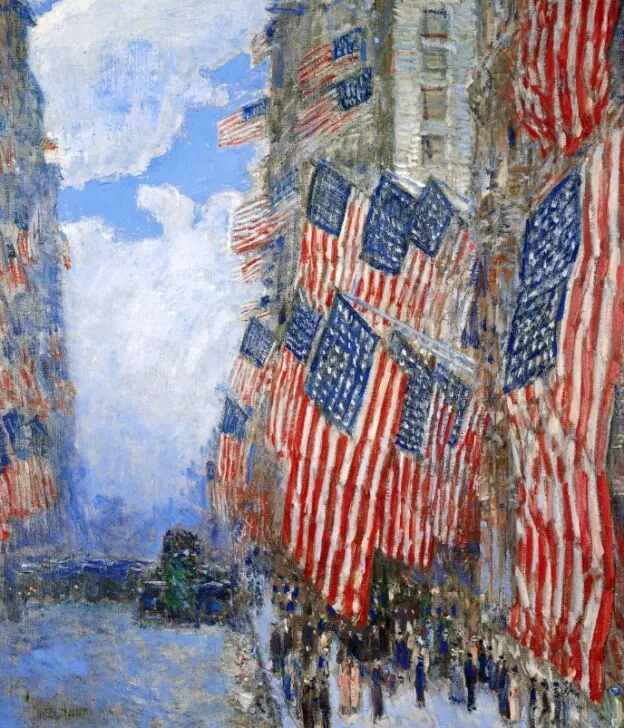JMC in the News
We believe most Americans are tired of the media promoting the problems in our society and are ready for the return of civil debate, inspiring American stories, and real solutions. JMC in the News aims to elevate discussions by offering historical context, diverse perspectives on civic issues, and promoting outstanding scholarship.
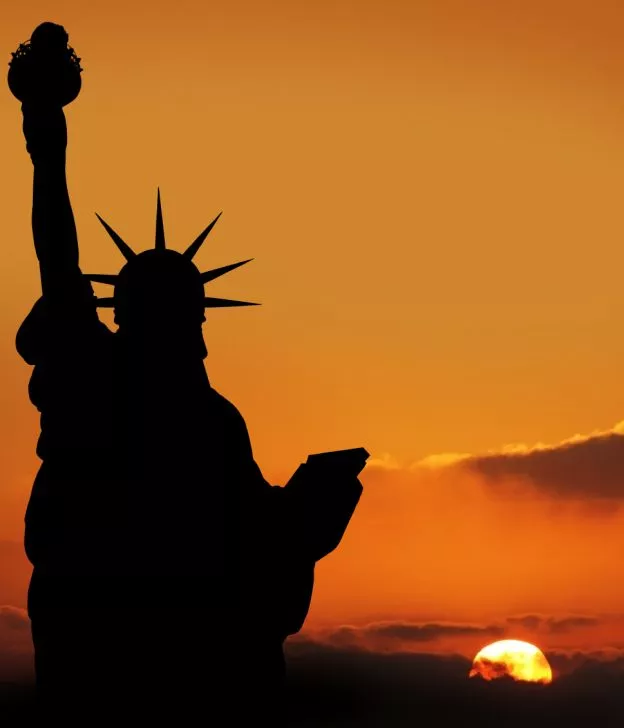
News
Civic Education: The Phoenix ArisesJMC Founder and Chair Emeritus Jack Miller and Michael Poliakoff reflect on the state of civic education in America. Published December 26, 2024 on RealClear Education.



